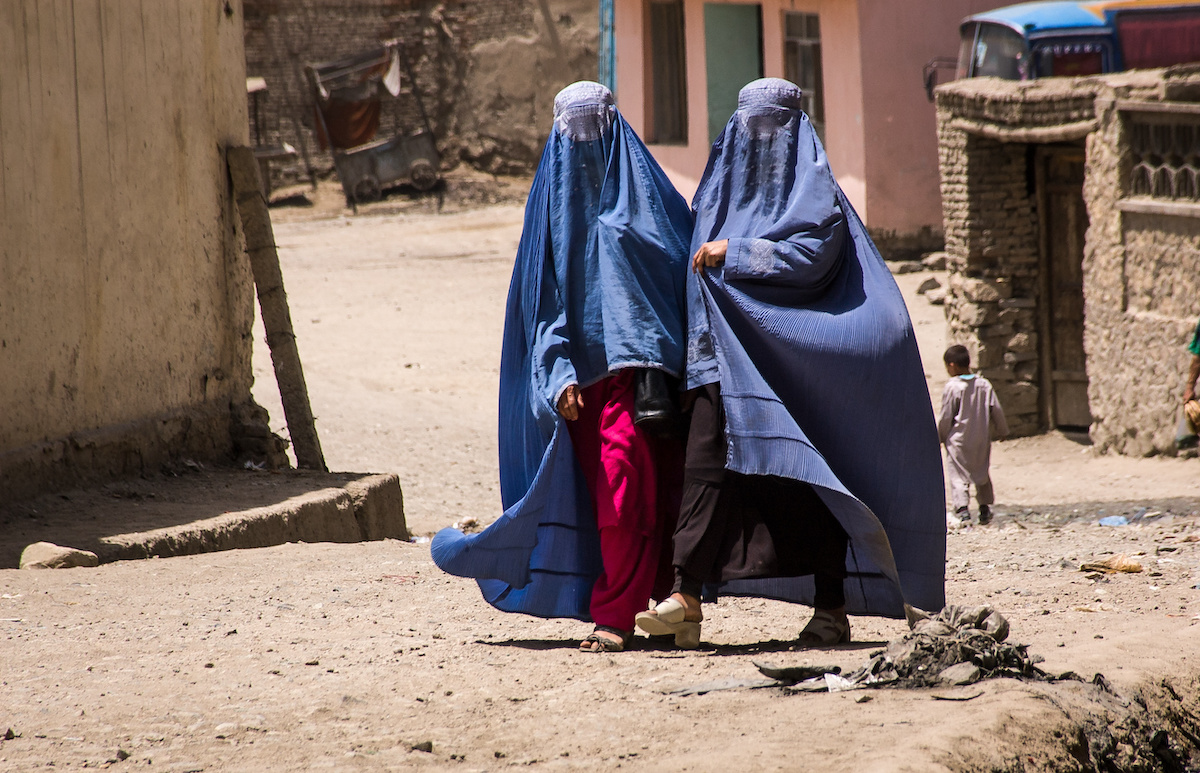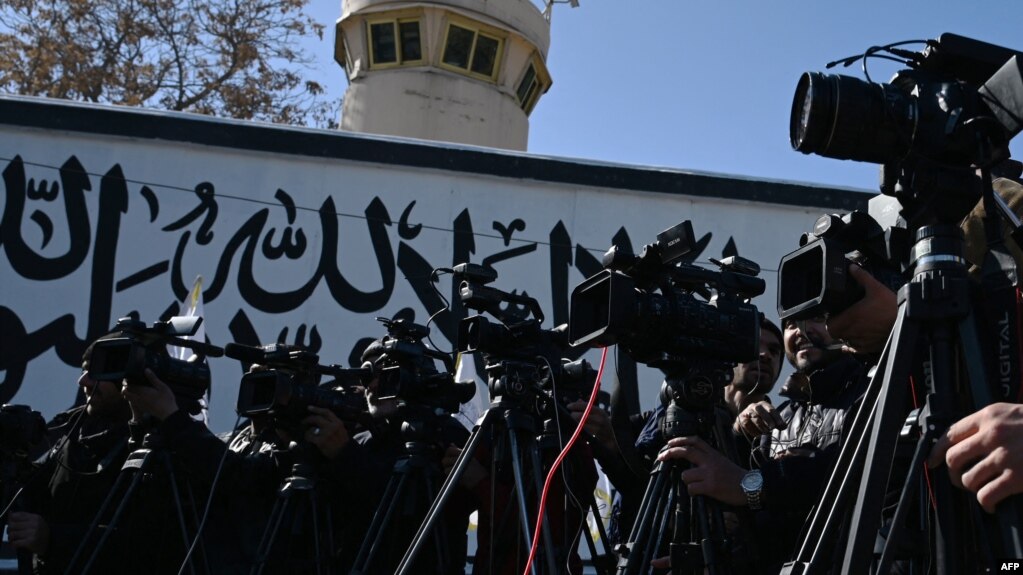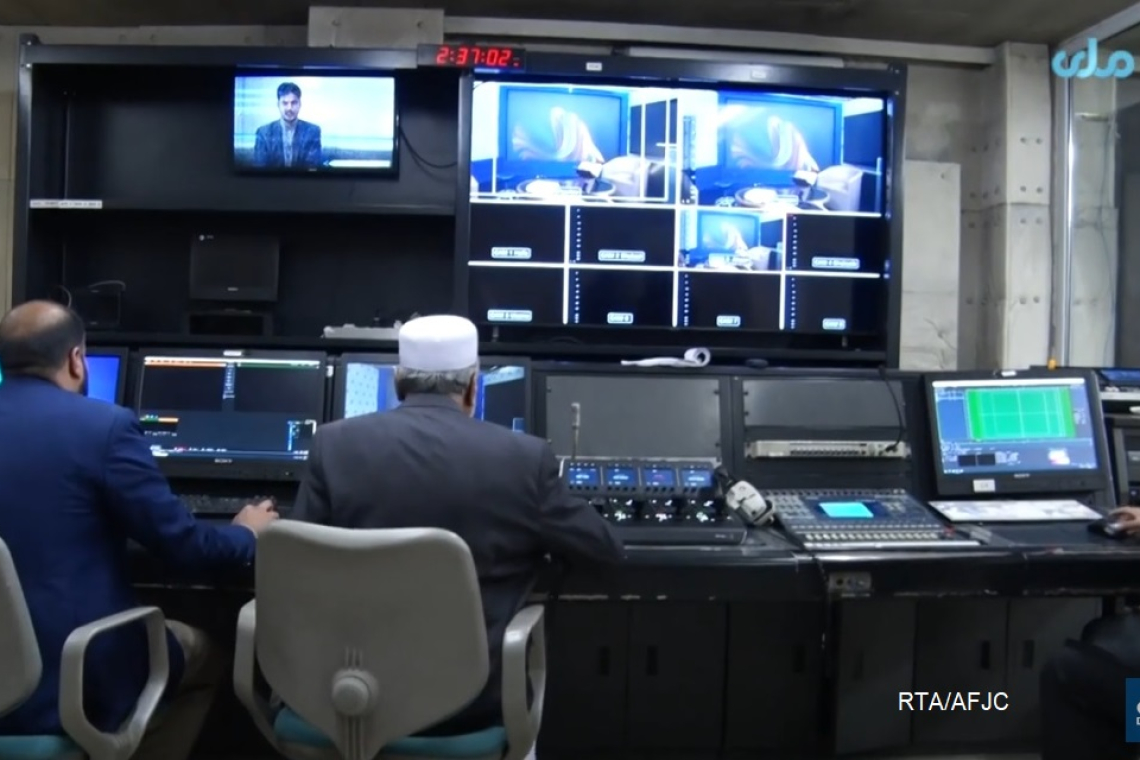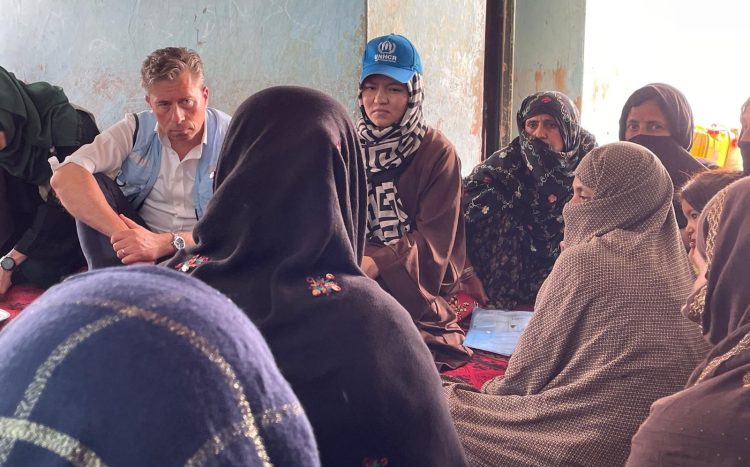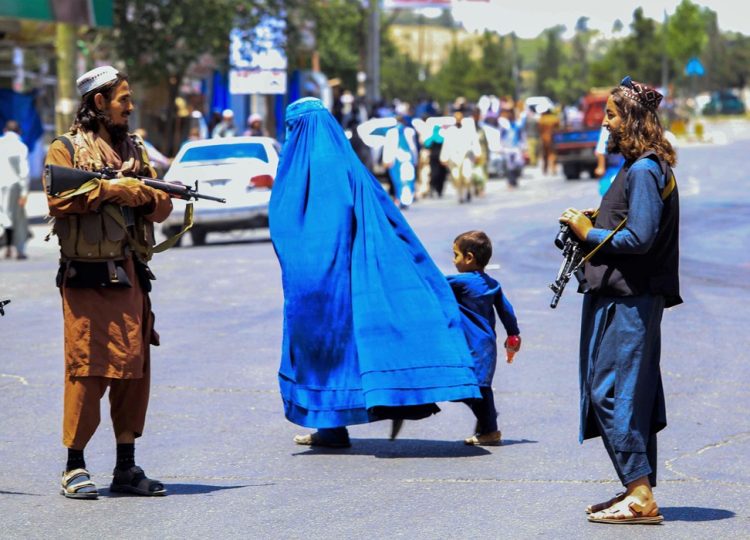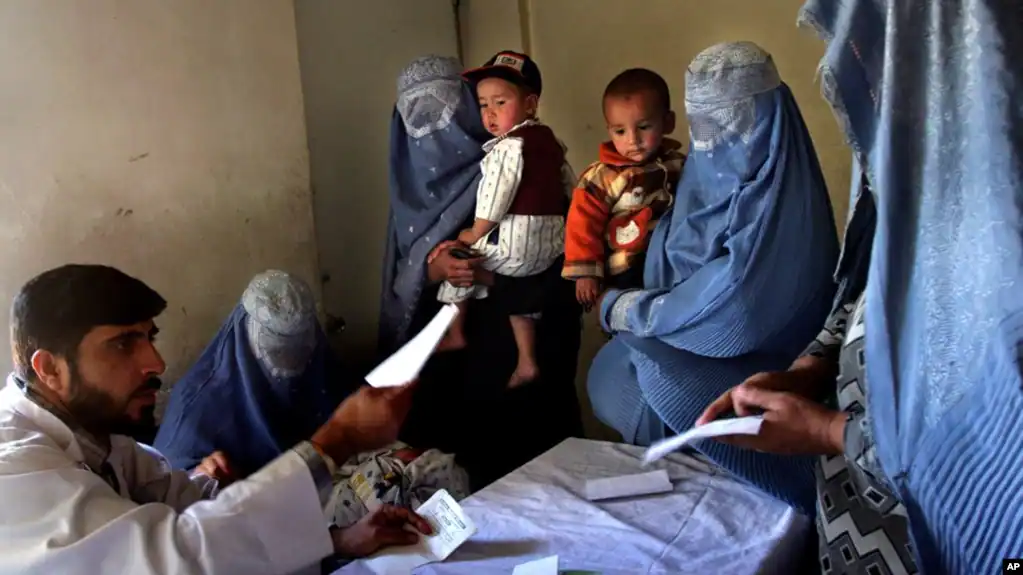
The World Food Programme (WFP) has recently announced that it needs $451 million to assist those in need in Afghanistan over the next six months. In a statement posted on its X (formerly Twitter) account today (Wednesday, May 7), the WFP said that half of Afghanistan’s population is in need of humanitarian assistance. The statement emphasized: “If Afghanistan had only 100 people, 50 of them would need humanitarian aid.” According to the announcement, Afghanistan has a population of 48 million, and nearly one-third are struggling with poverty and hunger. The WFP added that it requires $451 million over the next six months to support the most vulnerable families. With the suspension of U.S. humanitarian aid to Afghanistan, relief organizations are facing financial challenges. Additionally, according to United Nations statistics, 22.9 million people in Afghanistan will require humanitarian assistance this year, with 16.8 million prioritized for aid. OCHA, the UN’s Office for the Coordination of Humanitarian Affairs, has requested a budget of $2.42 billion to assist these individuals. This comes at a time when humanitarian aid to Afghanistan has significantly declined.

